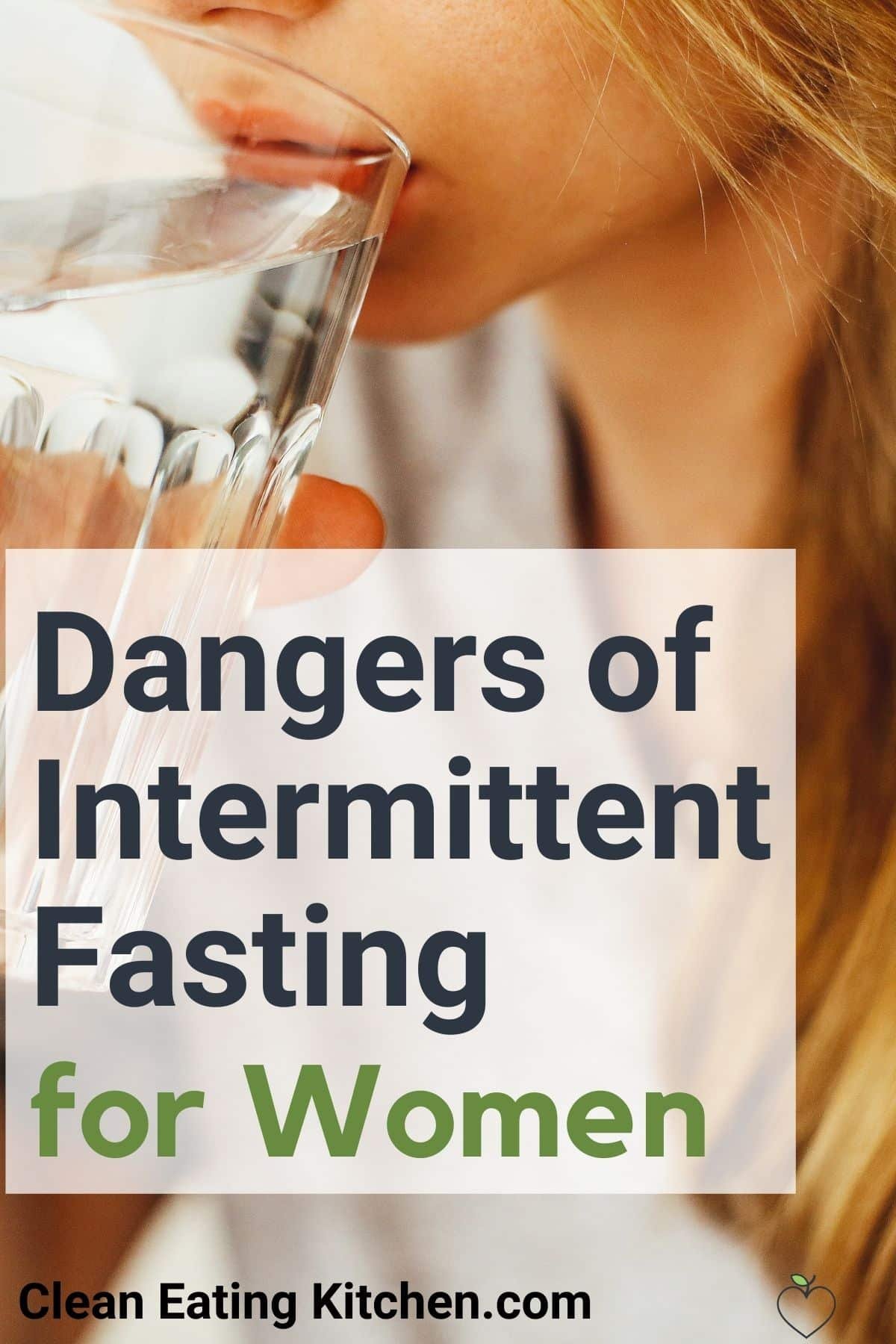7 Potential Dangers of Intermittent Fasting for Women
Many tout fasting as a natural way to eat, citing our ancestors who likely endured periods of food scarcity. But is it really suitable for the modern woman? Let’s delve into the potential risks and considerations for women considering intermittent fasting.
Understanding the Challenges Women Face Today
Our ancestors’ fasting experiences differed greatly from the challenges modern women encounter. Factors like digital overload, hectic schedules, and prevalent health issues such as thyroid disorders and PCOS make adopting a fasting diet a different proposition today.
Is Intermittent Fasting Safe?
While intermittent fasting garners attention, deciphering its long-term effects remains challenging due to varied study results. Consulting healthcare professionals before embarking on any dietary changes is crucial, especially considering individual health conditions.
Potential Risks of Fasting for Women
1. Thyroid Function
Drastically reducing calorie intake can signal the body to conserve energy by lowering thyroid hormone production. This may exacerbate thyroid issues, leading to fatigue and mood changes.
2. Menstrual Cycle Disruption
Fasting can disrupt menstrual regularity, impacting fertility and hormonal balance. Women with sensitive cycles should approach fasting cautiously, with pregnant women advised against it altogether.
3. Eating Disorder Risks
Fasting for weight loss may inadvertently fuel disordered eating patterns. Individuals with a history of eating disorders should steer clear of intermittent fasting.
4. Nutrient Intake
Fasting may result in inadequate nutrient consumption, risking overall health. Prioritizing nutrient-dense foods over fasting could be a wiser dietary choice for most individuals.
5. Hunger Cue Disruption
Ignoring hunger cues during fasting windows can lead to confusion about true hunger signals, potentially impacting mental health and well-being.
6. Mood and Stress
Fasting-induced stress and hunger may elevate cortisol levels, contributing to mood swings and increased stress levels.
7. Hypoglycemia Risk
Extended fasting periods may lead to low blood sugar levels, particularly in individuals with existing blood sugar issues.
Conclusion:
While fasting may hold some benefits, it’s not a one-size-fits-all solution for women’s health. Considering individual factors and consulting healthcare professionals is paramount before embarking on any fasting regimen.
FAQs:
1. Can fasting help me lose weight quickly?
While fasting may result in rapid weight loss, it’s essential to prioritize sustainable, healthy weight management strategies rather than quick fixes. Consult a healthcare professional for personalized advice.
2. Will fasting improve my overall health?
While some studies suggest health benefits associated with fasting, its long-term effects and suitability vary among individuals. Focus on maintaining a balanced diet and lifestyle for optimal health.
3. Is intermittent fasting suitable for pregnant women?
Pregnant women should avoid fasting, as it can deprive both the mother and fetus of essential nutrients and energy. Prioritize a well-rounded diet to support maternal and fetal health during pregnancy






